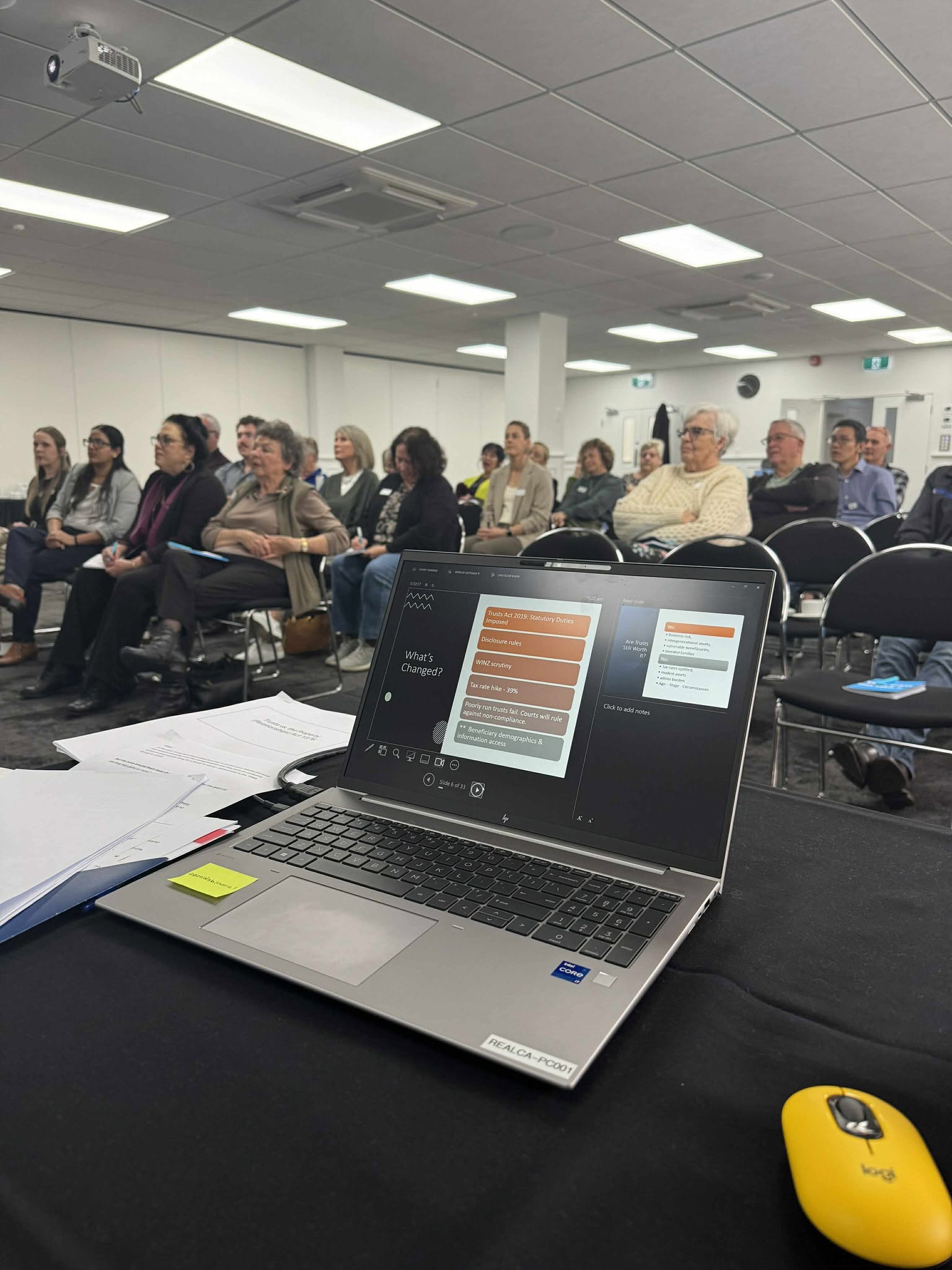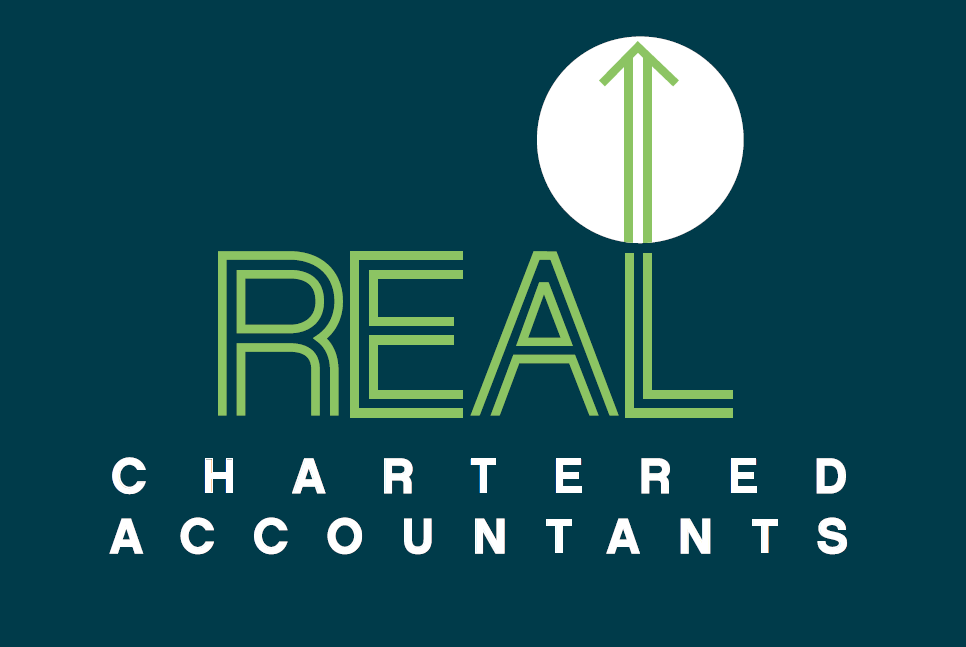NEWS
Trusts and Blended Families – Protecting Your Assets

Blended families are increasingly common in New Zealand, and with them comes a rise in complex trust and relationship property issues. We are seeing more situations where a new partner gains access to a trust they have not contributed to at all. Without careful planning, this can have serious consequences for asset protection.
The best protection is proactive planning — ideally before entering a new relationship. If you are recently single, widowed, or considering a new relationship, it’s critical to review your trust and relationship property arrangements early. Even a few dates can be enough to create future claims. By the time the relationship is underway, it may already be too late.
Why Relationship Property Agreements Matter
A relationship property agreement (also known as a contracting out agreement) works alongside your trust to clearly record what assets are excluded from relationship property.
Under the Property (Relationships) Act 1976, relationship property generally includes:
- The family home and chattels
- Jointly owned property
- Property acquired for the common use or benefit of the couple
- Income and gains from relationship property
- Each partner’s income
- Inherited property that has been used as the family home
Separate property can include inheritances or distributions from a trust settled by a third party — but only if they remain separate. The moment they are mixed with joint assets or used for shared expenses, they can become relationship property.
Common Pitfalls We See
- Using Joint Accounts for Separate Funds
If you inherit money and put it into a joint account, it instantly becomes relationship property. - Contributions to Separate Assets
Even indirect help — such as one partner caring for children while the other renovates a rental property — can be considered a contribution to that asset. - Trust Contributions During a Relationship
If your income is used to pay expenses (mortgage, rates, upkeep) for a property owned by your trust, you may unintentionally create a relationship property claim. - Adding a Spouse as a Beneficiary of a Pre-existing Trust
Doing this for tax reasons can give the spouse a strong claim on the entire trust — the tax savings are rarely worth the risk. - Work on Trust-Owned Property
If your partner works on trust-owned property, pay them market rates or get a signed acknowledgement (with independent legal advice) that they have no claim.
Real-World Example – Sutton v Bell [2023] NZDC 65
Mr Sutton transferred the future family home to his trust just before starting a de facto relationship with Ms Bell. She knew about and even suggested the transfer, but did not get independent legal advice. Mr Sutton gifted away his contributions to the trust. After seven and a half years together, Ms Bell successfully brought a claim against the trust under section 44, as the transfer was seen as being in contemplation of the relationship.
Key takeaway: each party must have independent legal advice for contracting out agreements to be valid.
Best Practice for Trusts in Blended Families
- Settle a trust before a relationship starts if you want to protect assets.
- Keep inherited or gifted assets separate — ideally in a separate bank account in your sole name.
- Maintain clear, arm’s length transactions with the trust.
- Consider a new trust for relationship purposes and keep existing trusts solely for pre-relationship assets.
- Document loans to the trust and initial contributions carefully.
- Review the trust deed — check who the beneficiaries are, and whether they include spouses.
- Have a memorandum of wishes that considers children from previous relationships.
- Make sure powers to appoint/remove trustees and beneficiaries are clearly addressed in advance.
The Bottom Line
Trusts remain a powerful tool for asset protection in New Zealand, especially in the context of blended families. But the law in this area is complex and evolving quickly. Without a well-drafted contracting out agreement and careful ongoing management, you may be leaving your trust — and your assets — exposed.
If you have a trust, or are considering one, talk to your lawyer and accountant before starting a new relationship. It’s far easier to protect assets from the outset than to fight for them later.
Disclaimer
This information is intended to provide general advice only. We recommend you discuss your specific situation with your Accountant.









